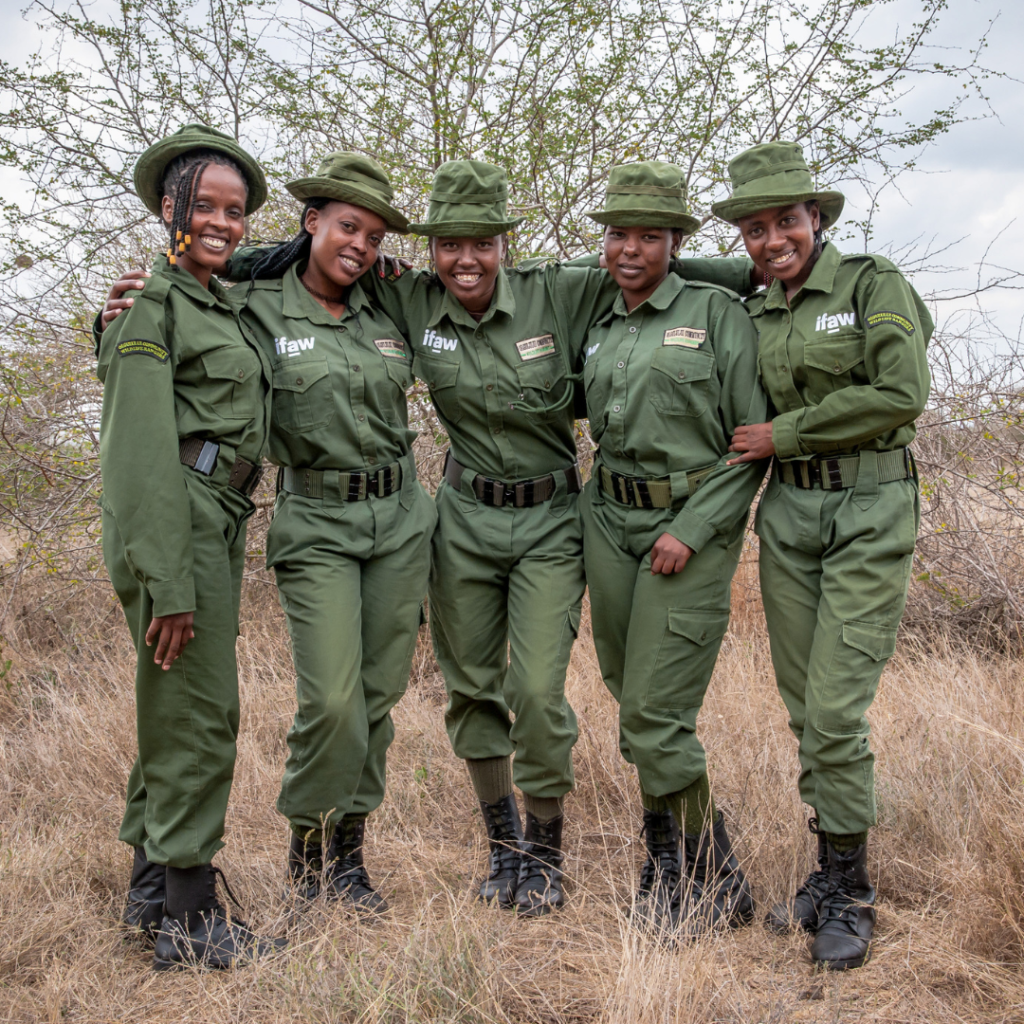Embarking on a career as a game ranger is a thrilling and rewarding journey that intertwines the love for wildlife, conservation, and outdoor adventure. Game rangers play a crucial role in preserving natural habitats and protecting the diverse species that inhabit them. If you’re passionate about nature and seeking a career that makes a significant impact, becoming a game ranger might be your perfect path.
Career

What is a Game Ranger?
A game ranger, also known as a park ranger or wildlife ranger, is a professional responsible for managing, protecting, and conserving natural parks, reserves, and wildlife sanctuaries. Their primary role is to safeguard the environment and its inhabitants, ensuring the sustainability and health of the ecosystem. Game rangers work in various settings, from national parks to private game reserves, and their duties can vary widely depending on their specific role and location.
Who Pursues a Career as a Game Ranger?
People who pursue a career as a game ranger typically share a deep passion for wildlife and the outdoors. They are driven by a strong commitment to conservation and an unwavering desire to protect the environment. Ideal candidates for this career are often:
- Nature enthusiasts who enjoy spending time outdoors.
- Individuals with a strong interest in wildlife and ecology.
- People who are physically fit and enjoy active work.
- Those who are dedicated to environmental conservation and education.
- Adventurers seeking a dynamic and impactful career.
Educational Path to Becoming a Game Ranger
To become a game ranger, you typically need a combination of formal education and practical experience. Here are the key steps:
- Obtain a Relevant Degree: Pursue a degree in fields such as Wildlife Management, Conservation Biology, Environmental Science, or a related discipline.
- Gain Practical Experience: Volunteer or intern at wildlife reserves, national parks, or conservation organizations to gain hands-on experience.
- Specialized Training: Complete specialized training programs offered by recognized institutions or wildlife organizations. These programs often cover topics such as wildlife monitoring, anti-poaching techniques, and habitat management.
- Certification and Licensing: Obtain necessary certifications and licenses required in your region or country. This may include firearms training, first aid certification, and other specific qualifications.
10 Essential Duties of a Game Ranger
- Wildlife Monitoring and Research: Conduct regular surveys and research to monitor the health and behavior of wildlife populations. This data is crucial for informed conservation efforts.
- Habitat Management: Maintain and restore natural habitats to ensure they provide suitable living conditions for various species. This may involve controlled burns, vegetation management, and soil conservation.
- Anti-Poaching Patrols: Perform regular patrols to prevent and combat poaching activities. This includes surveillance, apprehending poachers, and working with law enforcement.
- Community Engagement and Education: Educate local communities and visitors about the importance of conservation. Promote sustainable practices and foster positive relationships with local residents.
- Emergency Response: Respond to emergencies such as wildlife injuries, natural disasters, and human-wildlife conflicts. Provide first aid and coordinate with veterinary professionals when necessary.
- Environmental Education: Develop and conduct educational programs for schools, tourists, and local communities to raise awareness about conservation issues and the role of game rangers.
- Infrastructure Maintenance: Oversee the maintenance of park infrastructure, including trails, roads, fences, and facilities, to ensure a safe and enjoyable environment for visitors.
- Law Enforcement: Enforce conservation laws and regulations within the park or reserve. This includes issuing fines, conducting investigations, and ensuring compliance with environmental legislation.
- Tour Guiding: Lead guided tours and safaris, providing visitors with informative and engaging experiences while promoting respect for nature and wildlife.
- Data Collection and Reporting: Collect and analyze ecological data, prepare reports, and contribute to conservation strategies and management plans.
Benefits of Being a Game Ranger
A career as a game ranger offers numerous benefits beyond the daily excitement and adventure:
- Connection with Nature: Spend your days immersed in stunning natural landscapes, surrounded by wildlife.
- Personal Fulfillment: Make a tangible impact on conservation efforts and protect endangered species and ecosystems.
- Professional Growth: Gain diverse skills and knowledge in wildlife management, environmental science, and public relations.
- Community Impact: Educate and inspire others to value and protect the natural world.
- Adventure and Variety: Enjoy a dynamic work environment with varied responsibilities and opportunities for exploration.
Becoming a game ranger is more than just a job; it’s a calling for those who are passionate about protecting the natural world. By pursuing this career, you can play a pivotal role in ensuring that future generations can enjoy and benefit from our planet’s incredible biodiversity. We hope this article has given you an idea of what a game ranger is. At Elroi Academy we believe in second chances, with that being said if you want to rewrite your matric, click here and register.

